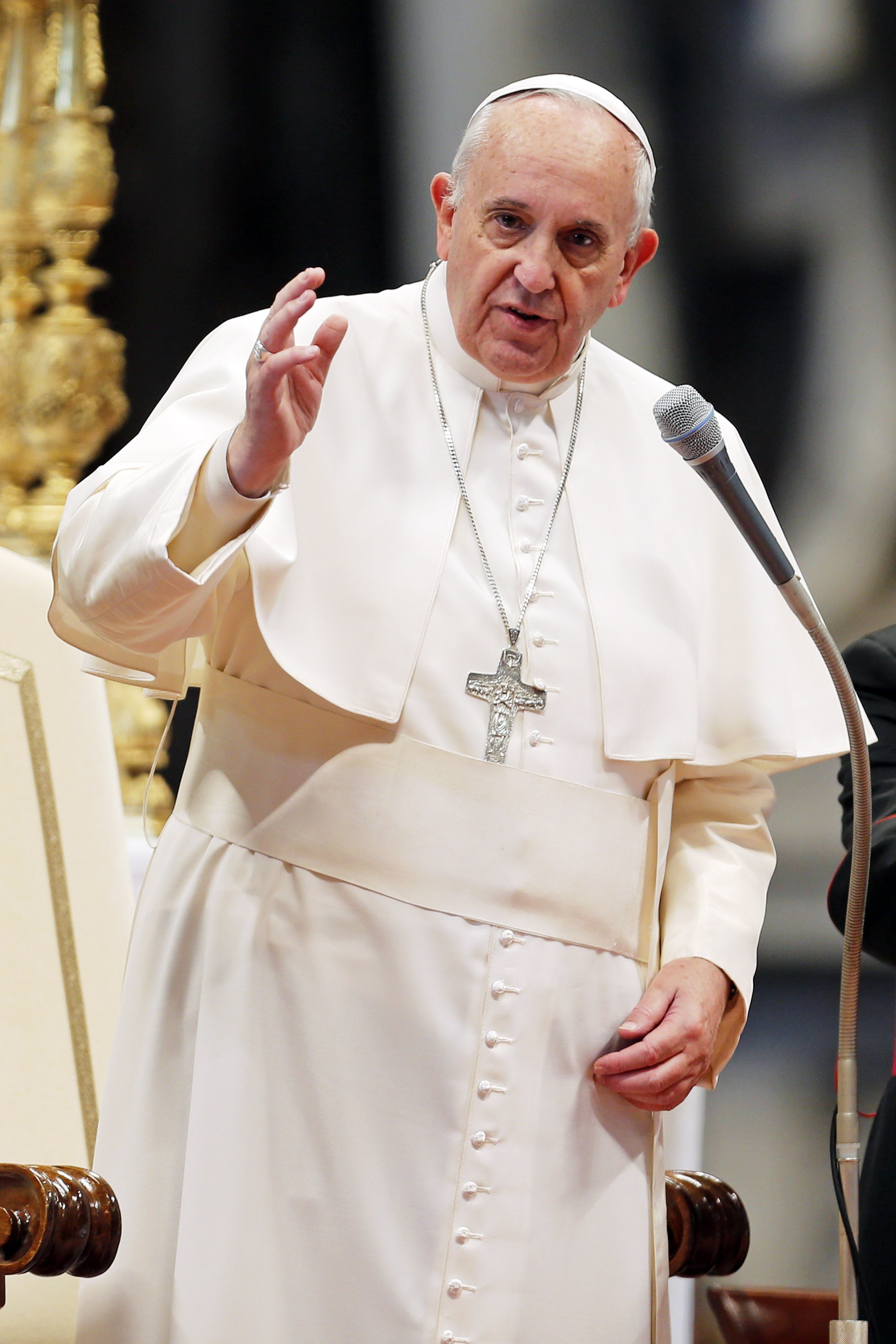Pope Francis has emerged as a pivotal figure in the ongoing reform of Vatican finances, bringing much-needed attention to an issue that has long been shrouded in mystery and controversy. His recent call for a comprehensive overhaul of the Vatican's pension system underscores the urgency of addressing financial imbalances that threaten the stability of this sacred institution. The Pope's efforts are not just about numbers; they reflect a broader vision for transparency and accountability within the Catholic Church.
At the heart of these reforms lies the Vatican Pension Fund, a critical component of the Church's financial structure that supports retired clergy and employees. With mounting deficits and concerns over sustainability, Pope Francis has taken decisive action by appointing Cardinal Kevin J. Farrell to spearhead the necessary changes. This move highlights the Pope's commitment to ensuring the fund's solvency while fostering trust among those who rely on it for their livelihoods. As the Vatican navigates these challenges, the world watches closely, hopeful for meaningful progress.
The Path Toward Transparency
The Vatican's pension deficit is more than just a financial issue; it reflects deeper concerns about trust and governance within the Church. In his letter to the College of Cardinals, Pope Francis emphasized the need for openness in managing the pension fund. He stressed that contributions made by employees should be transparently accounted for, ensuring everyone has access to the financial details. This push for transparency aims to restore confidence in the system and address longstanding grievances among Vatican staff.
An association of Vatican employees echoed this sentiment, advocating for greater visibility into how contributions are managed. They argue that when individuals contribute to the pension fund, they deserve clarity regarding its operations and financial health. Such transparency could foster a sense of shared responsibility and ownership among stakeholders, ultimately strengthening the fund's integrity.
By promoting transparency, Pope Francis seeks to dismantle the secrecy that has historically surrounded Vatican finances. This approach aligns with his broader mission to modernize and democratize the Church's administrative processes, making them more inclusive and accountable to all members of the global Catholic community.
A New Leadership Mandate
Pope Francis recognized the severity of the pension fund's serious imbalance by appointing Cardinal Kevin J. Farrell as its sole administrator. This decision underscores the urgent need for expert oversight and strategic reform. Cardinal Farrell, known for his experience in both pastoral and administrative roles, brings valuable insights to the task of restructuring the fund's operational framework.
As Prefect of the Dicastery for Laity, the Family and Life, Cardinal Farrell possesses a unique blend of leadership skills and a deep understanding of the Church's social responsibilities. His appointment signals a shift toward more professional management practices within the Vatican, emphasizing efficiency and effectiveness in addressing financial challenges.
Furthermore, Cardinal Farrell's role as chair of the Pontifical Committee for Investments since 2022 positions him well to tackle the complexities of the pension fund. By leveraging his expertise in investment strategies and financial stewardship, he can develop innovative solutions to secure the fund's future while safeguarding the interests of its beneficiaries.
Encouraging Philanthropy to Strengthen Sustainability
In addition to administrative reforms, Pope Francis has explored alternative avenues to bolster the Vatican Pension Fund. One such initiative involves creating a special commission tasked with encouraging donations to support the fund. This effort reflects the Pope's belief in the power of collective generosity to address financial shortfalls and ensure the sustainability of vital Church programs.
The commission's work highlights the importance of philanthropy in maintaining the Vatican's financial health. By appealing to the goodwill of faithful Catholics worldwide, the Church hopes to generate additional resources that can be directed toward closing the pension fund's deficit. Such contributions not only provide immediate relief but also reinforce the bond between the Vatican and its global community.
While this initiative complements the administrative reforms underway, it also serves as a reminder of the shared responsibility that underpins the Church's mission. Through collaboration and mutual support, the Vatican aims to overcome current financial challenges and build a more resilient foundation for the future.

